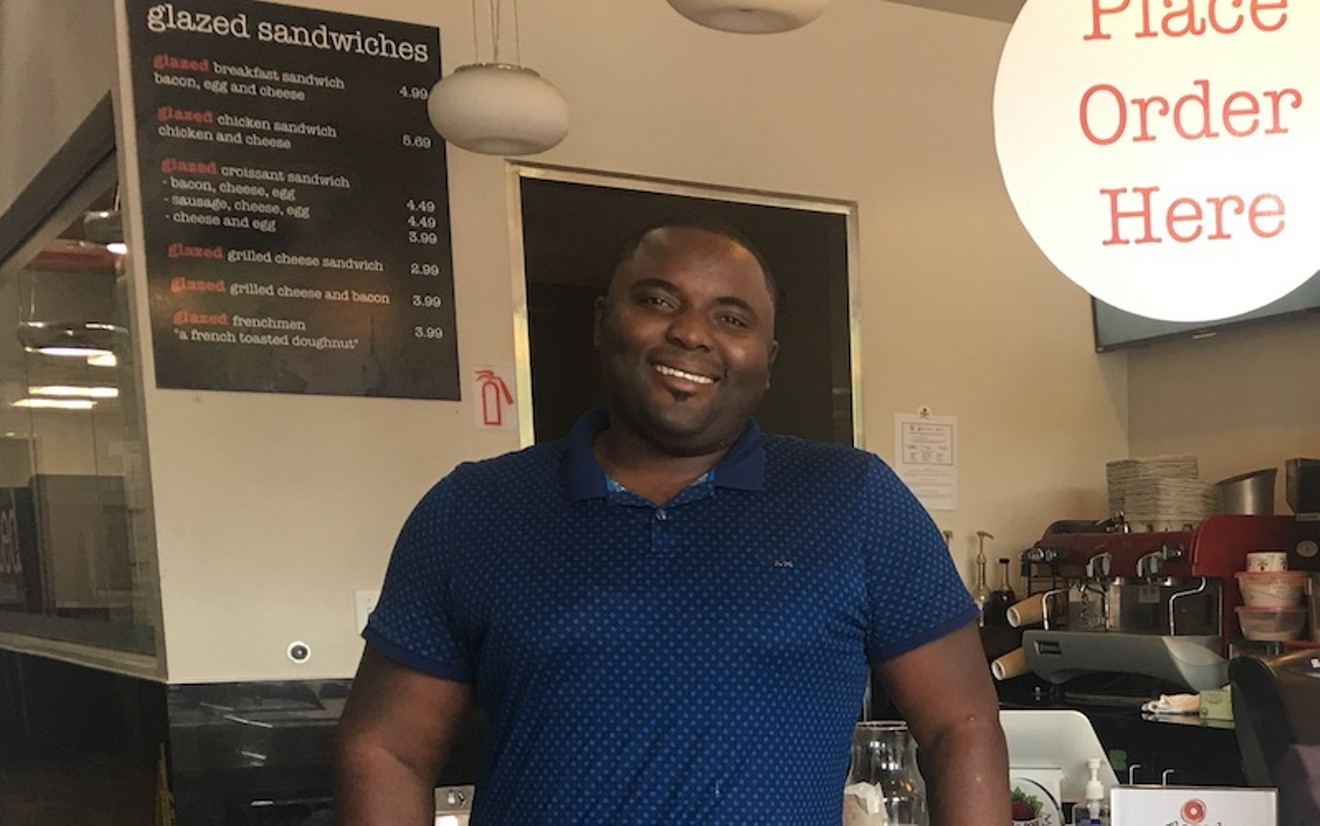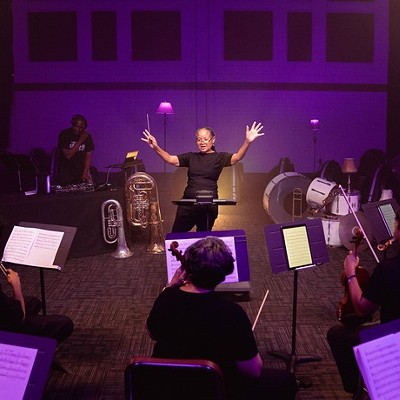In 2017, an effort to rebuild this “Black Wall Street” is well underway. A 2013 article in Black Enterprise estimated that the buying power of African-Americans, who make up nearly 14 percent of the total U.S. population, would reach $1.1 trillion just two years later. Another, from Black Entrepreneur, predicted a rise to $1.3 billion by this year. Yet the harsh reality that African-Americans do not own a third of the businesses they frequent is also beginning to hit home.
The Rev. Dr. Martin Luther King, Jr. echoed the same themes in his final speech, delivered the day before he was assassinated and famously known as the “Mountaintop” speech:
We have an annual income of more than $30 billion a year, which is more than all of the exports of the United States, and more than the national budget of Canada.One of the cornerstones of the social phenomenon some have called the "New Civil Rights Movement" is, first and foremost, to Buy Black. The notion has hit home so fast and resonated with so many like-minded African Americans that an entire online community is available to those who choose to support black-owned businesses, or BOBs, both near and far — webuyblack.com.
Did you know that? That's power right there, if we know how to pool it.
Houston’s BOB circle includes, to name a few, such establishments as Hank's Ice Cream Parlor, Glazed Doughnut Café, The Honey Hair and Unity National Bank. Each of these businesses has one common thread—they want their people to feel like they are “wanted” and they want them to feel as though are at home.

The Honey Hair, whose owner says "I wanted to keep our money in our community by providing a product that we use."
Photo By G. Paris Johnson
The Houston Press recently surveyed ten random African-Americans one afternoon at The Galleria, and eight of them agreed that the abolishment of segregation was the worst thing that could have happened to the African-American population. “The problem was, that we [black people] didn’t understand the power of ‘separate but equal.’ During segregation, we learned the power of our dollar and we were beginning to thrive. Hence the reason the Montgomery Bus Boycott was so successful,” says 39-year-old Wayne Green, an MBA candidate at University of Houston-Downtown.

Segregated drinking fountain in use in the American South. Today, some African Americans believe black-owned businesses have helped black communities maintain their independence.
Joe Stanley II, owner of The Honey Hair — a black-owned and -operated hair-extension company — recalls a time when black women were throwing money into Korean-owned extension companies.
"I wanted to keep our money in our community by providing a product that we use," he says. "We know black women are important their households and everyone knows that the more beautiful a woman feels, the more powerful she feels."
"Our people seek comfort and we offer that to the community when they come in to buy our products," adds Isaiah DeJohnette, owner of Hank's Ice Cream Parlor and grandson of the late Henry "Hank" Wiggins. "It's almost like a bite of saving grace."







